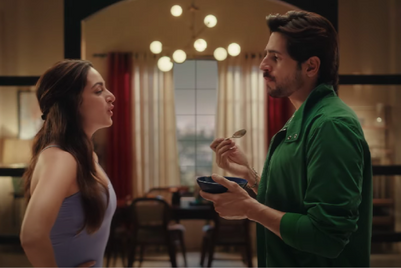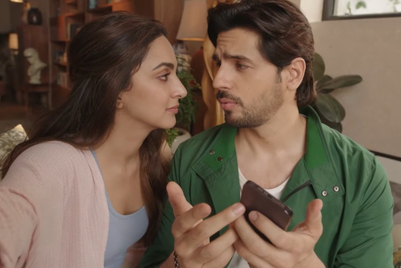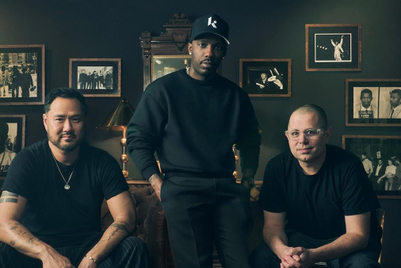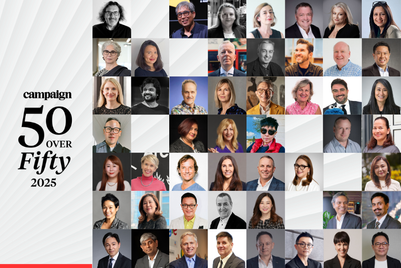

Before we were able to file the (original) story that my colleague had written, we received a call from Divya Gururaj from MediaCom saying that she would send us a comment on the innovation and the role MediaCom played in the innovation. She also told us that she would get us a comment from Volkswagen.
The comments duly came in and were woven into the story – and the story was filed.
A few hours later, I received a terse, unhappy mail from Mudra’s Bobby Pawar, which read thus:
The idea was conceived and the creative was done by DDB Mudra. It was placed and executed by MediaCom.
But your guys gave MediaCom all the credit, which is totally unfair. Arcopol (my colleague at Campaign India – Anant) was at the VW press conference and both Lutz and I touched upon the innovation, so this error comes as a total surprise.
I hope you can do something to correct an erroneous impression.”
I replied to Bobby thus:
"This morning's story was on the print innovation.
The earlier story, which you might have missed, was on Mudra being the creative agency on the account."
And received the following response:
“The creative agency was very much party to the innovation. Otherwise why would I get so worked up?”
Bobby wouldn’t.
Josy Paul wouldn’t, either.

Josy did not send me a mail, but spoke to me on the phone and in person. He was clear that BBDO made a significant contribution to the media innovation – including the entire integration.
This is getting messy.
And, in a conversation I had about a week ago, Mindshare’s global leader for Invention, George Michaelides says that the revenue from non-traditional areas will grow exponentially -- and that ‘ideas’ would be the main source of such revenue.
I asked Michaelides if, in the near future, media agencies would compete with creative agencies in the ideas area. He insisted that there would be no competition, but I disagreed then, and I disagree now. (The interview with Michaelides will feature shortly in print and on the dotcom).
Would Mudra and MediaCom both send in entries for the Emvies (and the Effies) for the Volkswagen campaign? Who has the right to do so?
Would BBDO India and Mindshare both send in entries for the Emvies (and the Effies) for the Quaker Oats campaign? Who has the right to do so?
How much of the credit for such ideation can be ‘allotted’ fairly to one entity or another?
It will be clear on the execution front. Who actually pays for the execution (who pays the newspaper, who pays the TV channel, etc) is easy enough to establish.
But who got a (non-paid) deal with a newspaper, for example? Who convinced a TV channel to come on board as a (non-paid) sponsor? Who gets the credit?
There will be more such cases of creative and media agencies working together for a brand. One can’t afford unhappiness and angst to take over during or after a campaign; there must be fairness in the allocation of credit.
Otherwise, the originators of the ideas will never put the ideas on the table, will not risk the credit for the ideas being hijacked and the undeserving, perhaps, even winning awards.
And the losers will be the brands. And that’s certainly not good.


.jpg&h=334&w=500&q=100&v=20250320&c=1)
.jpg&h=334&w=500&q=100&v=20250320&c=1)

.jpg&h=334&w=500&q=100&v=20250320&c=1)


.jpg&h=334&w=500&q=100&v=20250320&c=1)
.jpg&h=334&w=500&q=100&v=20250320&c=1)







.jpg&h=268&w=401&q=100&v=20250320&c=1)
.jpg&h=268&w=401&q=100&v=20250320&c=1)

